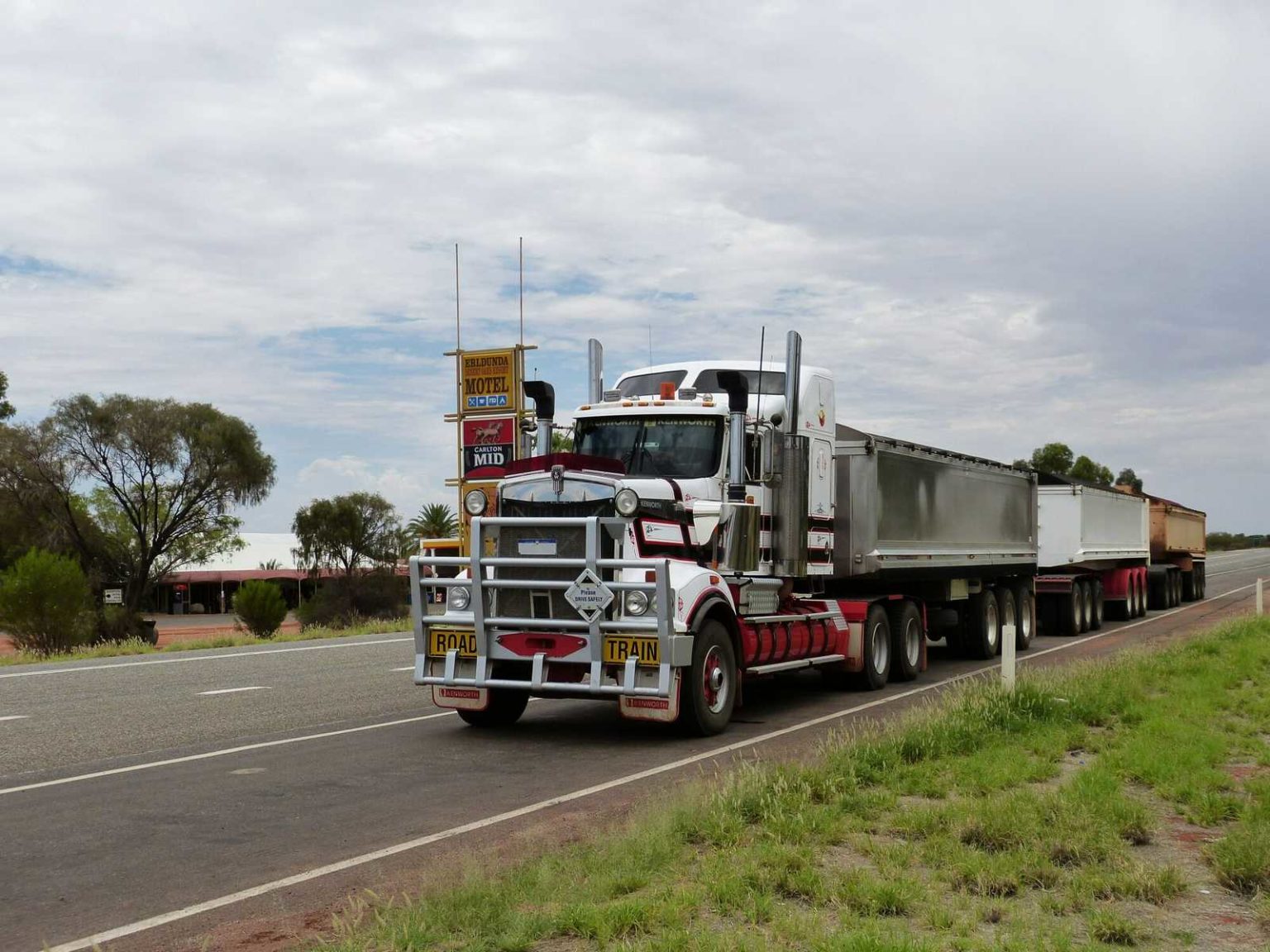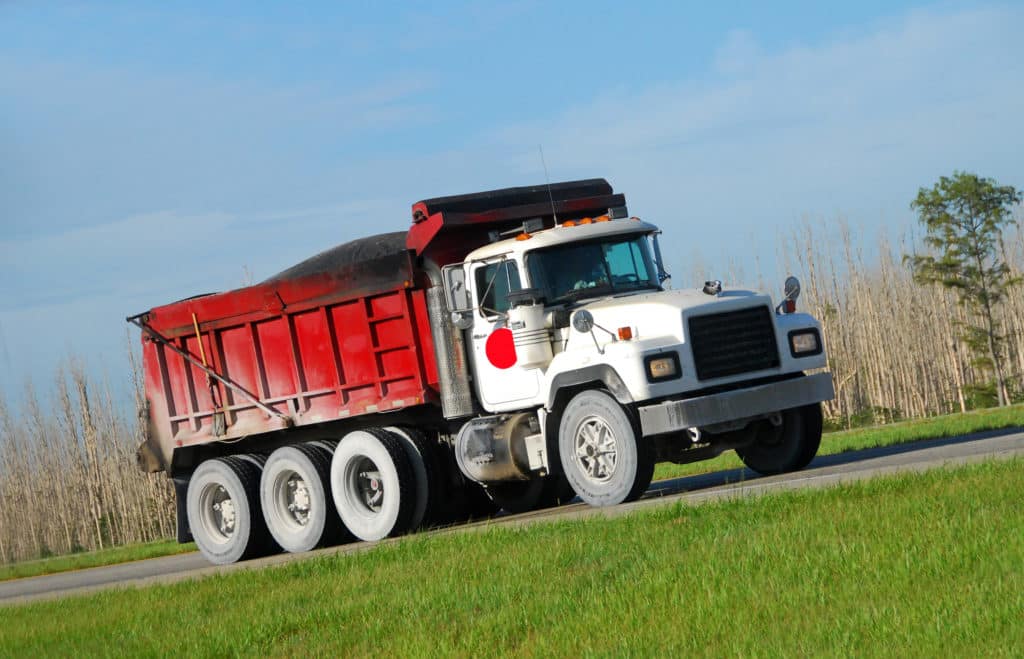What Does Commercial Truck Insurance Cost?
With big trucks come big responsibilities. Driving commercial trucks is not only difficult because of their size, but dangerous because of their cargo and driving limitations on the road. If you’re not concerned about protecting yourself in the case of an accident, you should be.
What can you do to be prepared for an accident? Buy insurance that covers your vehicle, yourself, and other damages involved.
Truck insurance rates are one of the biggest factors you’re paying attention to when you’re shopping for trucking insurance. In this guide, we prepare you for the commercial insurance market and how to get the best plan.
Why Should I Get Commercial Truck Insurance?
Commercial trucking is a lucrative yet dangerous gig. Accidents are common, and those hurt the worst are other cars on the road. You will likely be sued by everyone involved, and you’ll have to cover damages to your truck and person as well as the other vehicles.
The average cost of a truck accident is reported to be $148,279.
Having commercial truck insurance is the best way to prepare for these major expenses. Medical bills, lost paychecks, damaged cargo and vehicles, and more can put you out of business if you aren’t careful.
What Can Commercial Truck Insurance Cover?
Certain types of commercial trucking insurance are required for driving commercial trucks. These required types vary according to the state you live and operate in.
For Florida, the required insurance coverage is:
- Personal injury protection with a minimum of $10,000 in coverage
- Property damage liability with a minimum of $10,000 in coverage
Vehicles that weigh more than 26,000 pounds are also required to carry additional coverage according to their weight. This scale goes from $50,000 to $100,000 to $300,000 depending on which level your truck qualifies.
In Georgia, your truck must be covered with $750,000 in liability for general freight, but more if you carry oil, hazmat, or household goods.
If you operate your truck on interstate routes, you have to follow the U.S. Department of Transportation’s guidelines. They require you are covered for a minimum of $750,000 in liability.
When shopping for insurance, you should get:
- Primary liability insurance for damages you cause while driving
- Physical damage insurance for damages caused to your vehicle
- Occupational accident coverage for financial losses due to lost work and medical bills
- General liability insurance to cover anything not included in your other insurance policies
You can also look into umbrella policies that can cover your business of operating your truck, including worker’s compensation, as well as your truck insurance needs.
Additional coverage can be bought such as for your cargo, trailers, and independent truck drivers.
Truck Insurance Rates
Truck insurance rates vary according to your driving record, location, and the type of truck and cargo you have. When receiving quotes for insurance, you should keep in mind that the further you are driving and the more dangerous the truck and cargo you’re dealing with, the more expensive your insurance will be.
If you’re looking to pay less for your commercial truck insurance, you should make sure to keep a clean driving record. You can also take the initiative to pay for safety training and get points taken off your license. Having a good amount of experience with your CDL license will also help.
Another way to lower commercial truck insurance costs is to fully pay your annual premiums instead of monthly payments. Paying annually can say you at least 10% on your insurance.
If you are confident in your abilities, you should be comfortable paying higher deductibles as well. You’ll pay more in the occurrence of an accident, but you won’t be paying as high for the regular rates of keeping insurance.
When it comes to the cost of keeping insurance, it’s typical to pay in these ranges for semi-truck insurance:
- $5000 to $7000 for primary liability
- $1000 to $3000 for physical damage
- $1600 to $2200 for occupational accident coverage
- $500 to $600 for general liability insurance
Florida Commercial Truck Insurance Rates
In Florida, the average that commercial truckers pay for insurance is around $15,500. The average premiums land around $12,600 to $17,900. While these are the averages, it’s normal for costs to vary by thousands of dollars among insurance companies. The best way to get the right price is to get quotes from several insurance companies.
Georgia Commercial Truck Insurance Rates
In Georgia, the average price of commercial truck insurance is $15,890. This means that Georgia rates are slightly higher than Florida rates. Premiums in Georgia on average range from $12,406 to $17,705, which is slightly lower than in Florida.
Local Trucking Insurance
When looking locally for trucking insurance, make sure the company you choose is an expert in the insurance you need. Ask them if they have experience with fleet vehicles, box trucks, semi-trucks, tow trucks, or commercial vans and vehicles according to your needs. Each type of truck and cargo will require its own attention for insurance.
If you are driving commercial trucks in Florida or Georgia, you should become very familiar with the state laws for insurance. If you are driving your trucks across state lines, make sure you also are aware of the federal requirements for insurance. Your local trucking insurance company should be knowledgeable of these laws and help you get a plan that covers your requirements.
Protect Yourself With Commercial Truck Insurance
To get your business in motion, or to find a more affordable option for insurance, start browsing for truck insurance rates today. Trucking accidents are seriously expensive, but insurance can be, too. Take what you’ve learned from this guide and start applying for quotes.
At Forerunner Insurance Group, we pride ourselves on being experts on commercial truck insurance and providing affordable rates. Contact us for a free quote!








